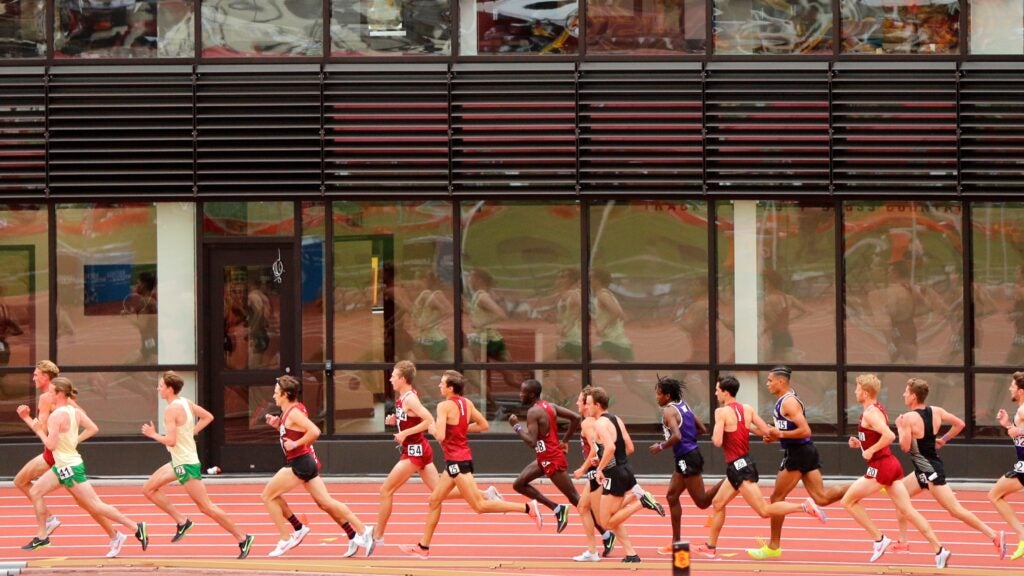Core Concepts
The author argues that the current model of college sports in the U.S., particularly football, is unsustainable due to its heavy reliance on revenue from media rights and ticket sales, impacting non-revenue sports negatively.
Abstract
College sports in the U.S., especially football, are facing a crisis as universities prioritize revenue-generating sports over others. The shift towards a more professional approach threatens the existence of non-revenue sports like track and cross-country. The author questions the sustainability of this model and suggests alternative funding mechanisms to ensure the survival of Olympic sports at universities.
The U.S. Model for College Sports Is Unsustainable
Stats
Football makes most money from media rights and ticket sales.
Salaries of head coaches in Olympic sports increased by 43% between 2013 and 2019.
College running programs were at risk after budget cuts post-Covid summer 2020.
Quotes
"We need to be working as hard as we can to come up with alternative forms of subsidization." - Victoria Jackson
"There is an opportunity in this crisis for other sports to reclaim governance and organization leadership." - Victoria Jackson
Key Insights Distilled From
by Martin Fritz... at www.outsideonline.com 08-17-2023
https://www.outsideonline.com/running/news/college-sports-pac-12-running-programs/
Deeper Inquiries
How can college sports balance financial viability with maintaining a diverse range of athletic programs?
The key to balancing financial viability with maintaining a diverse range of athletic programs in college sports lies in diversifying revenue streams and reevaluating the current funding models. One approach could involve universities exploring partnerships with local businesses, alumni networks, or even government grants to support non-revenue Olympic sports. Additionally, implementing cost-saving measures such as shared resources among different athletic programs and optimizing operational efficiencies can help stretch budgets further. It is also crucial for institutions to prioritize the overall student-athlete experience and ensure that all sports receive adequate resources and support, regardless of their revenue-generating potential.
Is there a way for non-revenue Olympic sports to secure sustainable funding independently?
Non-revenue Olympic sports can potentially secure sustainable funding independently by actively seeking alternative sources of income beyond traditional university allocations. This may include establishing partnerships with community organizations, hosting fundraising events, securing sponsorships from local businesses or national brands interested in supporting amateur athletics, or even exploring innovative revenue-generating opportunities like licensing agreements or merchandise sales. By diversifying their funding sources and demonstrating the value they bring to the university community and beyond, non-revenue Olympic sports can work towards achieving financial sustainability without solely relying on football-generated revenues.
How might alternative funding models impact the overall landscape of college athletics?
Alternative funding models have the potential to significantly impact the overall landscape of college athletics by promoting greater equity among different sports programs and fostering innovation in how athletic departments are financed. By reducing dependence on football revenues alone, colleges can create a more balanced ecosystem where all sports receive adequate resources based on their individual needs rather than their revenue-generating capacity. This shift could lead to increased opportunities for student-athletes across various disciplines, encourage broader participation in collegiate athletics, and ultimately contribute to a more inclusive and vibrant sporting environment within higher education institutions.
0
